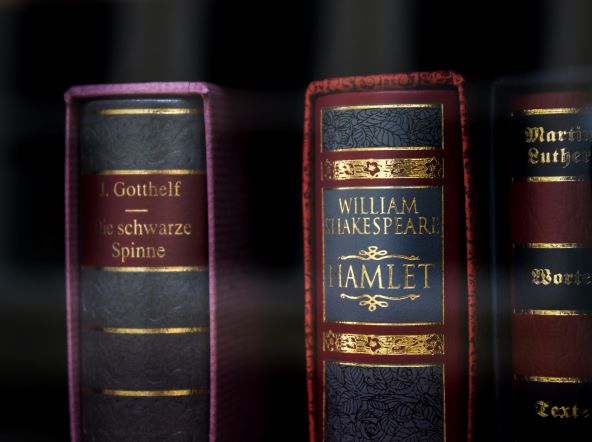
[Flash] Bend & Flex Mentoring (this is not your JCPenney Mentor)
|
In 1979 my cousin Ben started his career as an assistant buyer at JCPenney in New York City. During his training program, one of the senior leaders walked to Ben’s desk each week and said, “Let’s open our calendars and find a time for lunch.” It was easy to schedule since everyone worked in the office and took lunch daily from 12-1:00 pm.
During these lunches, they connected personally and discussed career paths at JCPenney. This senior leader wasn’t stressed, over-scheduled, or frenzied with any work, as Ben remembers it. His only role in the department at that swan song point in his career was to mentor new hires. Mentoring doesn’t look like this anymore because our work doesn’t look like this anymore. To reap the benefits of mentoring in today’s rapidly changing, everything-is-urgent work environments, we need a bend & flex approach. One in which we bend and flex our expectations and contributions to meet our mentoring partners where they are. Examples of Bend & Flex Mentoring:
How to bend & flex in mentoring:
When you are committed to growing, developing, and improving, saying “I’m too busy” is simply a breakdown in resourcefulness and a failure in gumption. Bend & flex to create a mentoring adventure together. © 2022. Ann Tardy and MentorLead. www.mentorlead.com. All Rights Reserved. |







